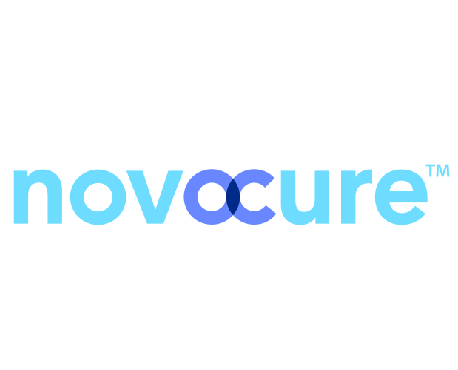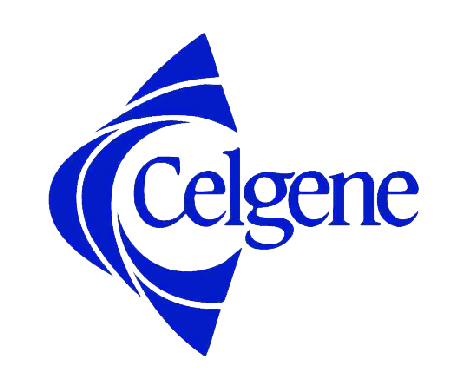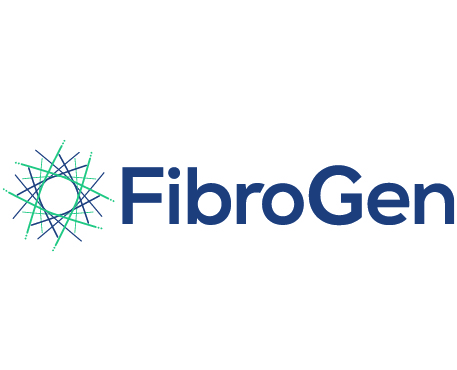We are dedicated to supporting our pancreatic cancer community, particularly as we all try to navigate the COVID-19 pandemic. We have launched a series of free webinars to provide virtual patient support and resources to our patients and their caregivers. We are pleased to share information about the third in our series which took place on Friday, May 1, 2020.
There are a multitude of concerns and emotions that a person experiences when diagnosed with pancreatic cancer. Patients and family members are immediately thrust into a world they often know little about while having to make important health care decisions in a timely manner. Having a road map to understanding what happens from pancreatic cancer diagnosis to treatment is ideal. We asked Lauren Damato, Nurse Practitioner of the UCLA Agi Hirshberg Center for Pancreatic Diseases and Megan Price, Oncology Nurse Practitioner with the UCLA Jonsson Comprehensive Cancer Center, to discuss how pancreatic cancer is diagnosed, surgical resection and chemotherapy options. They discuss the benefits of patient care in an integrated practice unit utilizing a multidisciplinary approach as well as factors to consider when choosing a treatment plan.
Megan also shared valuable tips and resources, including the booklet by the National Cancer Institute (NCI) titled, Chemotherapy and You. This is a great guide to refer to during chemotherapy treatments, including information on how chemotherapy affects cancer cells, potential side effects and helpful questions for your doctor or nurse.


